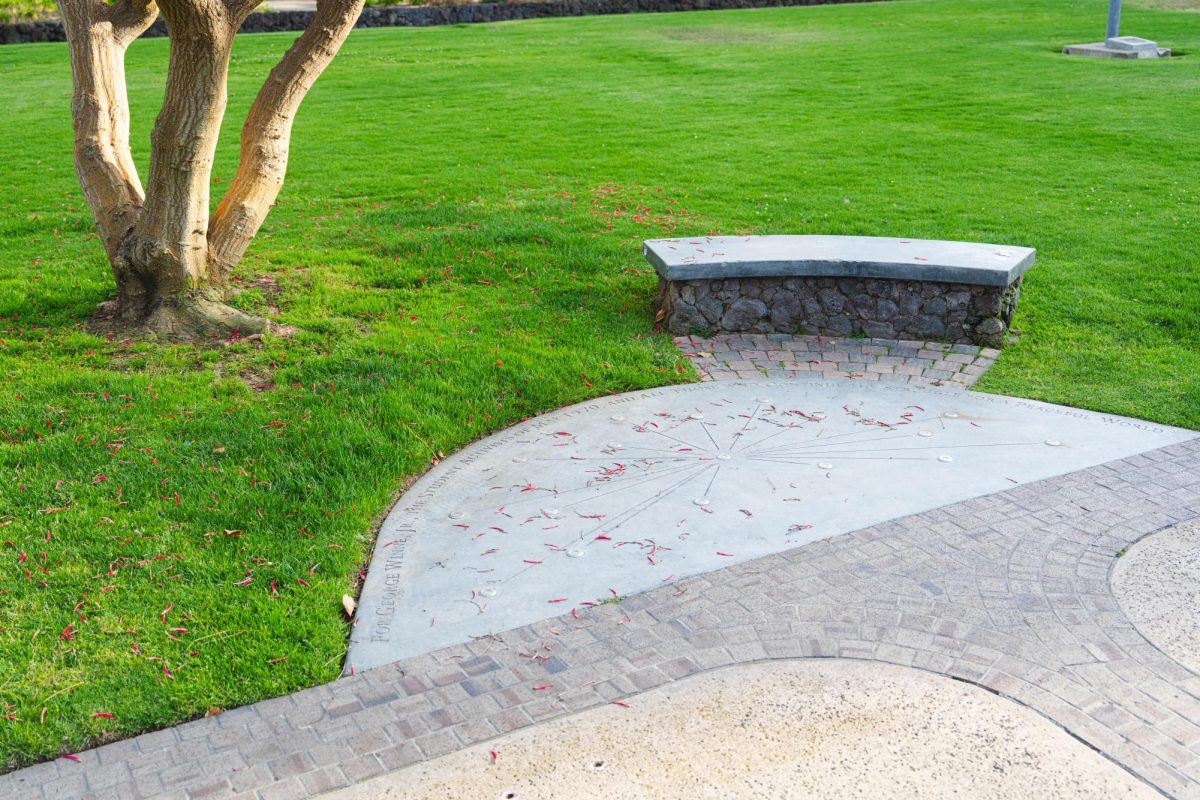Fortunately for me, within an hour of signing my name to the list, I’d gotten the call. David pleasantly introduced himself and mentioned that he was going to be out of town for a couple of weeks, but perhaps after that we could meet to talk (half in English, half in Spanish)? Sounded good to me. I saved his number in my phone as “Davide Lang,” clumsily adding an “e” to account for the foreignness of his pronunciation, and I waited.
Perhaps it’s worth noting that my Spanish ability is not what it once was. Not to sound immodest, but in seventh grade with Mrs. Angst — yes, the irony was lost on me at the time — I was the cream of the crop. I knew miles from millones. I conjugated the present tense with the best of them. I might even have possessed the aptitude to ask for directions to the bathroom.
Yet the rest of my ascent to fluency wasn’t so swift. In a moment of middle school embarrassment last winter, it took an inappropriately long time for me to realize that my Spanish 2B TA really just wanted me to put my cell phone away.
And while I have indeed been in Barcelona for a month taking Spanish-only classes, any sense of immersion has been compromised by hours of “Desperate Housewives,” and by having a roommate who has to practice English for her Australian ex-model boyfriend. Plus, when I ask for bathroom directions here, the usual response is in English. What am I supposed to reply, “gracias”?
So when David called me last week to set something up, I was ready. The plan was to meet for coffee in front of the main entrance after I got out of class. Easy enough. I asked two friends of mine if they cared to join me (after all, I was meeting with a stranger after dark), and they happily agreed.
The three of us waited anxiously for David’s arrival. The only working characterization I had was of a friendly, sort of feminine-sounding guy who had just come back from two weeks of vacation. This didn’t narrow the prospects as we examined the passing foot traffic.
When David did arrive, 20 minutes late (but only five, really, on Spanish time), we were all a bit surprised. Expecting, as I was, a fellow university student, David wasn’t exactly the man I had pictured. Sure, “friendly and sort of feminine-sounding” hadn’t been inaccurate, but “white-collar and middle-aged” wouldn’t have been off the mark, either.
We sat down at a cafe across the street from campus, where I immediately sought to clear the logistics: 15 minutes in Spanish and 15 in English? It was utterly un-Spanish in sentiment and probably rude, but a graceful, planned exit was preferable to faking an emergency to get out of a conversation with a man old enough to be my father.
David laughed and countered by proposing 30 minutes in each. I couldn’t summon the proper vocabulary to argue. Sí.
I had expected, at best, an awkward dinner invitation out of our meeting with David, but I had to suspend any judgment: More than anything, he was interested in talking about Chelsea Clinton’s wedding and our university homework. He politely corrected grammatical slip-ups and, after a beer, even complimented my Spanish.
This, I’ve belatedly realized, is how to learn a language: by occasionally making a fool of yourself in conversation with someone who knows better, sure, but mostly by having the courage to blather on without hesitation in the first place.






